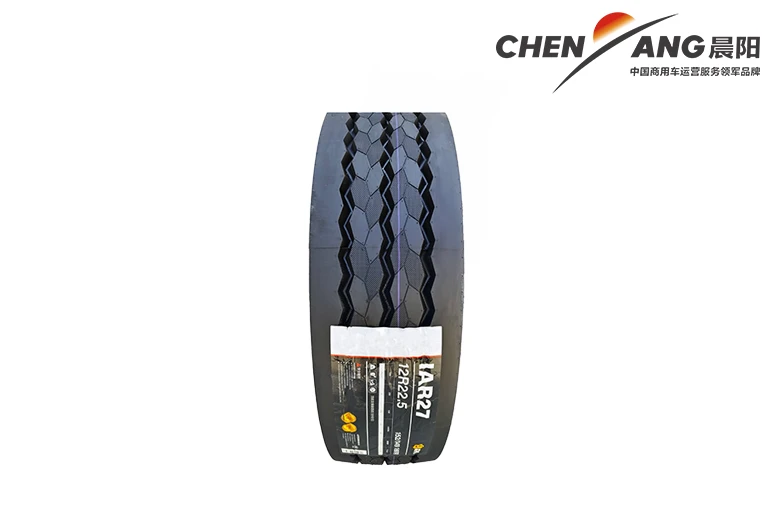heavy equipment loader
Understanding Heavy Equipment Loaders A Comprehensive Overview
Heavy equipment loaders play a pivotal role in various industries, including construction, mining, and agriculture. These powerful machines are designed to lift, move, and transport materials efficiently, making them indispensable tools on job sites. In this article, we will explore the different types of loaders, their functions, and the key considerations when selecting the right loader for specific tasks.
What is a Heavy Equipment Loader?
A heavy equipment loader, commonly referred to simply as a loader, is a type of heavy machinery equipped with a front-mounted bucket or scoop. Loaders can be categorized into several types, including wheel loaders, track loaders (also known as crawler loaders), and backhoe loaders. Each type serves unique purposes and is suited for different working conditions.
1. Wheel Loaders These are the most commonly used type of loader. They have a wheeled design, which makes them highly maneuverable and suitable for a variety of terrains. Wheel loaders are equipped with large buckets that can be raised and lowered, allowing them to scoop up material from the ground and transport it over short distances. They are ideal for construction sites where mobility and speed are essential.
2. Track Loaders Unlike wheel loaders, track loaders have tracks instead of wheels, providing better traction and stability on uneven or rough terrains. They are particularly beneficial in muddy or rocky environments where wheeled loaders might struggle. Track loaders usually come with a wide, flat bucket that offers improved digging capabilities, making them ideal for heavy-duty excavation tasks.
3. Backhoe Loaders A hybrid machine, backhoe loaders combine the functionalities of a loader and an excavator. They come with a front bucket for loading and a rear-mounted backhoe that can dig trenches or holes. This versatility makes backhoe loaders popular in small to medium-sized construction projects, where both loading and digging are necessary.
Functions and Applications
Loaders are versatile machines used for various tasks, including
- Material Handling Loaders are essential for moving bulk materials such as soil, gravel, sand, and aggregate. They can load materials into trucks, stockpile them for future use, or distribute them across a job site. - Site Preparation Before construction can begin, job sites often require leveling and grading. Loaders can quickly reshape landscapes, making them ready for new structures.
- Loading and Unloading In warehouses or storage yards, loaders facilitate the loading and unloading of heavy goods from delivery trucks or containers, enhancing overall logistics efficiency.
heavy equipment loader

- Demolition Loaders can assist in demolishing old structures by breaking down concrete and moving debris. Their strength and lifting capabilities make them suitable for handling heavy materials.
Choosing the Right Loader
Selecting the appropriate loader for a specific job involves several considerations
1. Project Scope Assess the size and nature of the project. Large-scale operations may require high-capacity wheel loaders, while smaller tasks can efficiently be handled by compact models.
2. Terrain Consider the type of ground where the loader will operate. For uneven or muddy surfaces, a track loader would be more suitable due to its superior stability.
3. Material Types Different loaders excel in handling various materials. For instance, if the primary material is loose and light, a loader with a larger bucket may be beneficial.
4. Budget Determine the budget for purchasing or renting a loader. While larger models might offer more power, smaller loaders may provide adequate capability for less intensive tasks at a lower cost.
5. Operator Skill Level It is crucial to evaluate the skill level of the operators. More complex loaders may require trained personnel to operate safely and efficiently.
Conclusion
Heavy equipment loaders are vital for a wide range of industries, providing support in material handling, excavation, and site preparation. By understanding the different types of loaders and their specific applications, businesses can make informed decisions that significantly enhance productivity and efficiency on job sites. Whether opting for a wheel loader for its speed or a track loader for its traction, selecting the right loader is essential for achieving project goals effectively. As construction and industrial demands continue to evolve, loaders will undoubtedly remain at the forefront of heavy equipment solutions.
-
Premium Body Chassis Car Solutions Durable Car Body Chassis & Square Body Chassis ManufacturerNewsJun.10,2025
-
Passenger and Commercial Vehicles Versatile Solutions for Every Need High Performance, Reliable SafetyNewsJun.10,2025
-
12 Passenger Vehicles for Rent – Spacious, Comfortable Multi-Passenger Rental OptionsNewsJun.10,2025
-
High-Quality Auto Headlights Durable Designs & Wholesale PricingNewsMay.30,2025
-
70 Seater Coach Hire - Spacious & Reliable Group Transportation SolutionsNewsMay.30,2025
-
High-Efficiency Crop & Land Cultivation Machines for Modern FarmsNewsMay.30,2025
Popular products

























